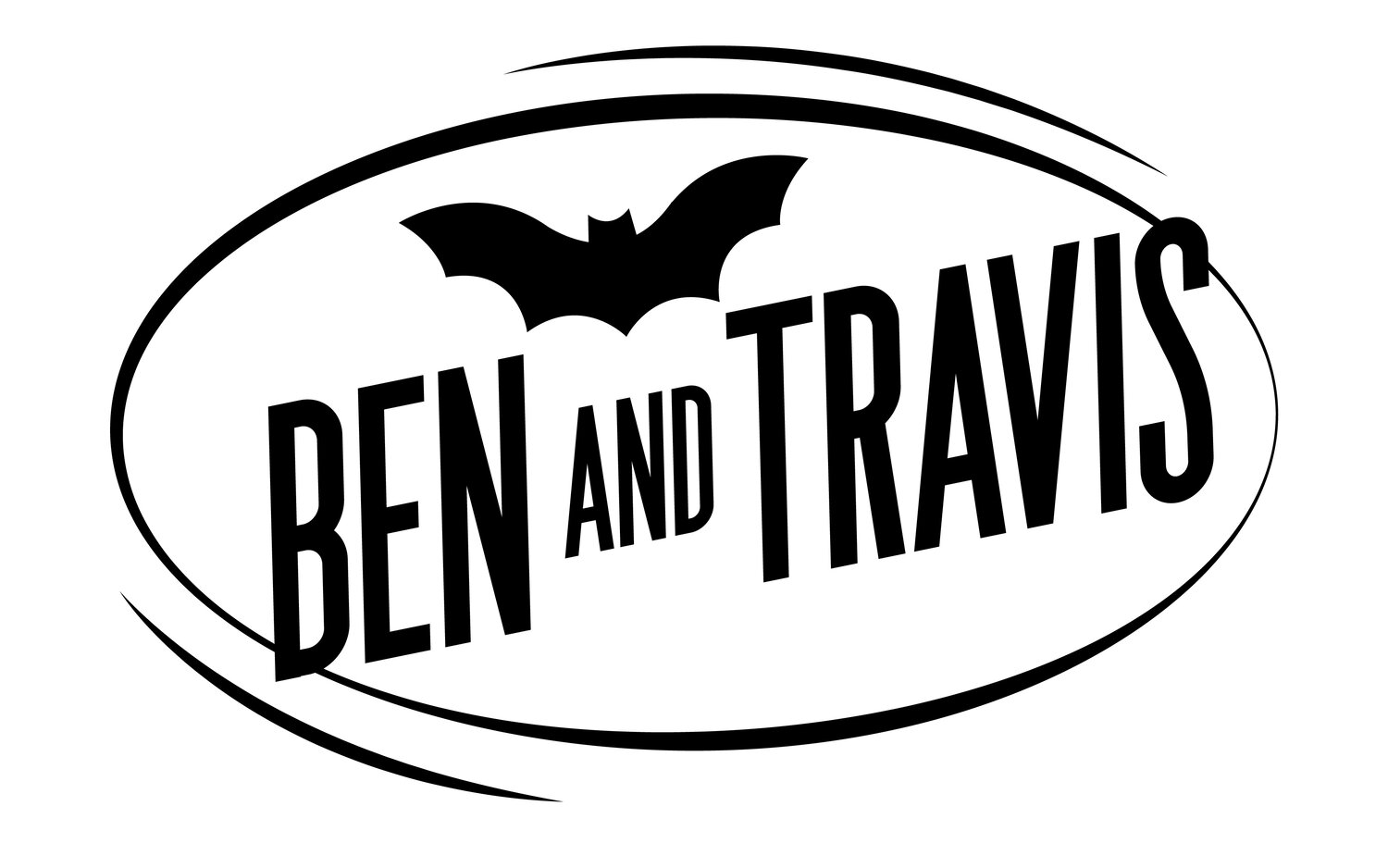More Thoughts On Anxiety
“Today has enough trouble of its own” (Matthew 6:34).
I ended last week with this quote from Jesus while he taught what we call the Sermon on the Mount. Jesus is encouraging his followers not to worry because God will take care of them. For those of face anxiety — from small worries to diagnosable anxiety — that statement is easy to say, but often hard to do. And sometimes, can create more anxiety, in that the person who is struggling with anxiety feels more anxiety because they are told that God doesn’t want them to worry and thus they fell anxious about their lack of faith. Yeah, it’s a vicious cycle. But, as I stated in a previous, it is a statement meant to encourage, not condemn.
Anxiety is a natural, God-given process. There is a part of the brain (which God designed) that is called the amygdala and it is the seat of fear and anxiety. It is the alarm system for the body. When a threat is perceived, the amygdala automatically sends out the stress alert and the whole body kicks into action without conscious thought. It is the part of the brain responsible for the fight-flight-freeze responses. If something or someone attacks you, depending on your proximity to the threat you will either fight back, run away (flight), or freeze (like a deer that doesn’t think anyone has seen him yet and hopes for the threat to walk on by).
When the alarm has been sent to the body, everything responds: your eyes widen, your hearing becomes more keen to take in more of your surroundings. Your heart rate becomes faster and your breathing heavier to oxygenate your blood and the muscles of your body to better assist you to run away or fight. Your sweat glands, the air conditioning of your body, begins to do its job and pour water over your skin. Your stomach may feel the urge to empty so that you can more easily run or fight. All this, without you even thinking about it in a real emergency. Take a moment to praise God for how He so perfectly designed us: “I praise you because I am fearfully and wonderfully made; your works are wonderful, I know that full well” (Psalm 139:14).
The amygdala doesn’t always, however, know how to differentiate between a real threat and a false alarm. It can also be triggered by past events or future concerns. When we begin focusing on those things that might have been traumatic in the past, or things that are coming up that are going to be difficult (ie, Jesus in the garden) the same processes can kick in. That is when it is important to ground yourself in the moment. Or, as Travis puts it, be where your feet are. Out of all the bodily functions that happen in fight or flight mode, breathing is the only one we can consciously make a decision to control. And breathing, thus, is kind of like the reset button. It is also helpful as you breath to focus on what you can actually hear, see, feel, taste, or smell. In doing so, your brain begins to recognize that there are no real threats and will slowly begin to move back to normal processing.
Your anxiety may be severe enough that you need help with that process for a while. A counselor can help walk you through those things and in some cases people also need medicine to help regulate certain parts of their brain chemistry (which is no different than taking medicine to regulate your blood sugar if you are a diabetic). Other grounding and calming techniques can be learned an employed: guided imagery, progressive relaxation, and body scans are other ways to ground yourself in the moment when anxiety attempts to take over. Paul even says that by prayer and supplication with thanksgiving can bring the peace of God that surpasses all comprehension—guarding your heart and mind (Philippians 4:6-7). Prayer and focusing on blessings are another way of being in the moment. Just like every other struggle we face, God will make a way for you to be able to manage. It might not be easy, but He is faithful.
Ben
